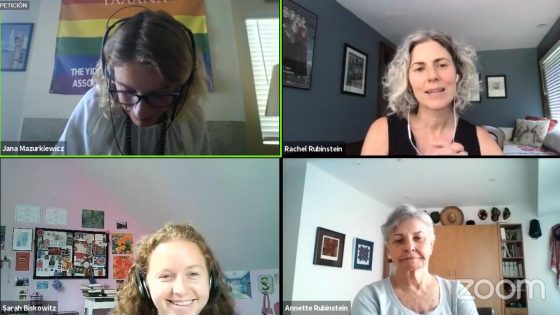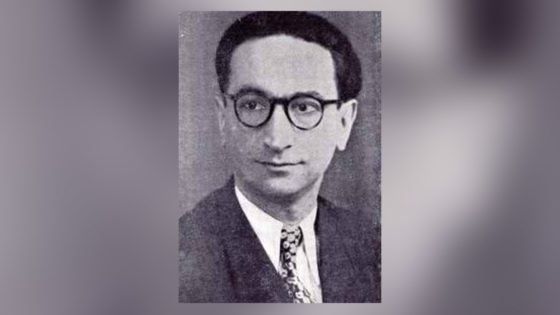Soviet Yiddish Literature After Stalin
In Soviet Yiddish literature, which resumed its legalised existence in the late 1950s and continued into the 1990s, the post-Stalinist period has often been dismissed by critics of the Soviet regime as a kind of propagandist window dressing which
covers the absence of »real« Jewish life in the Soviet Union. However, is now being re-examined by scholars of Yiddish and Soviet culture.¹
Compared with other officially recognised ›languages of the peoples of the USSR ‹, Yiddish was exceptional in two respects. First, it was not taught in Soviet schools. Second, the central institutions of Yiddish culture, namely, the monthly journal Sovetish heymland and the Yiddish section of the central publishing house of contemporary Soviet literature Sovetskii pisatel‹ (Soviet Writer), were located in Moscow rather than in Birobidzhan , the capital of the Jewish autonomous region in the Far East.
Birobidzhan boasted only of a local newspaper, the Birobidzhaner shtern. Until the mid-1980s, no Yiddish dictionaries or textbooks were available other than rare pre-World War II editions.
Read full article here
<embed src=”https://mameloshn.org/wp-content/uploads/sites/3/2021/03/In_Search_of_a_Soviet_Yiddishland.pdf”width=”800″height=”600″type=”application/pdf”>




Leave a Reply